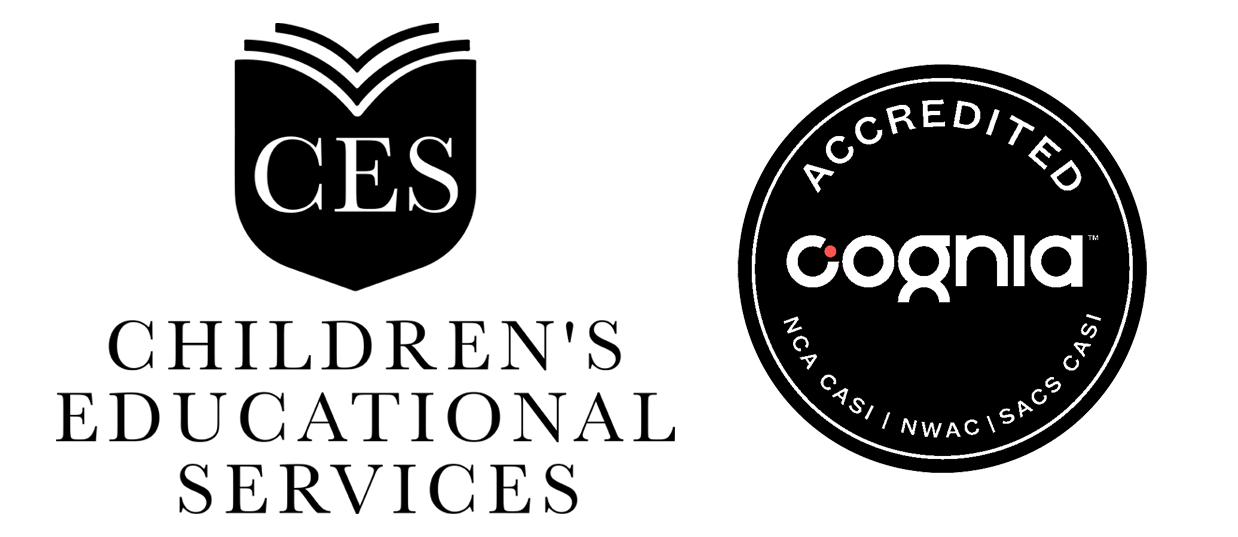Reading Goals Teachers Recommend for Families

Want to get the whole family reading more? Creating book goals turns reading into a fun activity that your kids will look forward to in their free time. These are five tangible family reading goals teachers recommend.
How to teach leadership skills to your students

Every classroom has its leader, and it doesn’t take long to identify who that is. In fact, you can often tell who this kid is going to be before you ever step foot in the classroom and they are usually the first to be mentioned to you by other teachers.
7 tips for your students to improve their English grades quickly

Since a language course includes many different skills to acquire (grammar rules, reading comprehension, research, descriptive writing, and so on), many students find themselves in chaos and often seek help to improve their English grades.
Top Tips for Raising a Motivated Reader

Reading crosses into every area of a person’s life. We must read to fill out a job application, to file a tax report and to communicate with other people. Email has become the primary way that we communicate in business and in our personal lives. Social media chat is another way we communicate. Reading is at the heart of it. If we do not have a solid understanding of reading skills, we are not able to read or understand important communications from friends, coworkers or employers.
How to Get Better at Math: 5 Tips for Parents

“I’m just not a math person.” I hear this phrase a lot and it always makes me cringe just a little. Then I remember how many times I’ve seen a great artist’s work and thought, “I don’t have an artistic bone in my body.” Oops, guilty.
How to Set Up Your Kids for Educational Success in 2024

In the hustle and bustle of the holiday season, the inevitable return to school once winter break is over is often pushed to the very back of our minds. Transitioning from leisurely holiday breaks to a structured classroom routine can be a significant adjustment for children. With the dip in recent academic performance scores, emphasizing the importance of adopting effective strategies to help students smoothly navigate this shift is top of mind.
3 Ways to help students in special education

There a number of reasons why a child may need to attend a special education program at school. Special education can help learners who struggle with developmental delays, such as dyspraxia or apraxia of speech, and/or children who experience challenges with literacy and numeracy because of a specific learning difference.
20 Best Math Board Games to Enhance Your Kid’s Math Abilities

Did you know that board games can do more than just entertain? According to a comprehensive review of research spanning 23 years, math board games, such as Monopoly, Othello, and Chutes and Ladders, significantly enhance mathematical abilities in young children. This groundbreaking study, published in the journal Early Years, reveals that children aged 3 to 9 who engage in number-based board games improve in areas like counting, addition, and recognizing numerical values.
How Can I Improve My Child’s Reading?

This advice for parents details what they can do to help preschoolers become readers, and help school-age children improve their reading skills.
Strategies For Teaching Children With Learning Disabilities

Are you a parent or teacher with students who have learning differences? Children with ADHD, reading disabilities, dyslexia and other disorders can experience more struggle than their peers. They may have difficulty performing tasks, focusing on lessons, remembering concepts and adapting to changing routines.
Table of Contents
Fortunately, you can help students who are struggling. Here’s how to support a child with learning difficulties in school.


